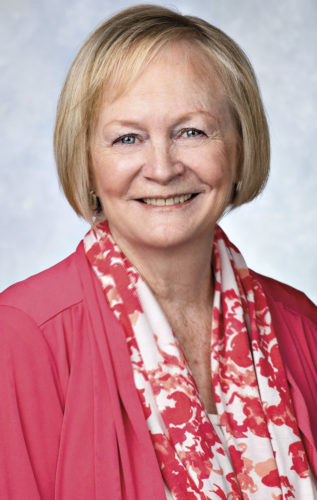He said it looked like the roots were waterlogged – after mentioning 17 inches of June and July rains.
His phrase “year like no other” is what caught my attention. It could describe many agricultural issues in 2015, from lack of consumer trust in food production to EPA water regulation, from drought to flood.
And the USDA announced a record number of acres and producers enrolled in CRP, making it increasingly difficult for young farmers and ranchers to find available land – and don’t forget the almond-growing explosion in the U.S. Indeed, there isn’t time or space to list the many “firsts” that have occurred in agriculture in 2015.
Then there is the world outside of agriculture that might qualify as “a year like no other,” from Supreme Court decisions on same-sex marriages to Planned Parenthood undercover videos, from an NFL quarterback sanctioned for deflating footballs to an outspoken billionaire with a really bad hairdo leading the GOP presidential field (as of this writing).
Both lists are selective, to be sure. But as I reflected on the “year like no other” comment, I wondered if the year truly was unique. Margaret Mead, American anthropologist who advanced the understanding of human behavior, said, “Always remember that you are absolutely unique. Just like everyone else.”
If we apply Mead’s philosophy to agriculture and a “year like no other,” we find that it has really been a pretty typical year – a year fighting over-regulation (nothing new there), a year concerned about weather patterns (please …) and a year where we vehemently declare hate of government programs and yet stand at the door ready to embrace them (the numbers for CRP signup don’t lie).
I disagree with the comment that this has been a “year like no other.” I admit using pretty broad brush strokes in this opinion, but I postulate that it’s a year exactly like every other. Prices up? Prices down? Sounds typical to me. Weather is a problem? When was it not?
In fact, the only thing new I can find in agriculture are the changing faces. Therein lies my hope of change in agriculture’s future. My fear, however, is that new thought, new ideas and new faces will not be given the space to thrive. When German composer Johann Sebastian Bach (1685 – 1750) was asked how he found his melodies, he said, “The problem is not finding them, it’s – when getting up in the morning and getting out of bed – not stepping on them.”
Is agriculture stepping on its own future? Two producers’ stories of late come to mind, for me. In one situation, a father (in his 80s) was not sure his son (in his 60s who had been farming with him for 40 years) was ready to take over the farm.
Sounds like “stepping on the future” to me. In another situation, a producer in his late 30s was trying to be patient with his father, who was still keeping a tight thumb on the son without increasing the son’s responsibilities or opportunities. Again, stepping on the future?
I should probably apologize right now if this strikes discord with you – except that I won’t. Sure, there are probably circumstances I don’t know about in both producer scenarios, but I fear for agriculture, in this very typical year, not for fear of over-regulation or who sits in the White House or whether the weather will cooperate. I fear for agriculture only in the respect that we might be stepping on and tripping over our own future.
But of course, we’re certainly not talking about you, right? FG

-
Lynn Jaynes
- Editor
- Progressive Forage Grower
- Email Lynn Jaynes









